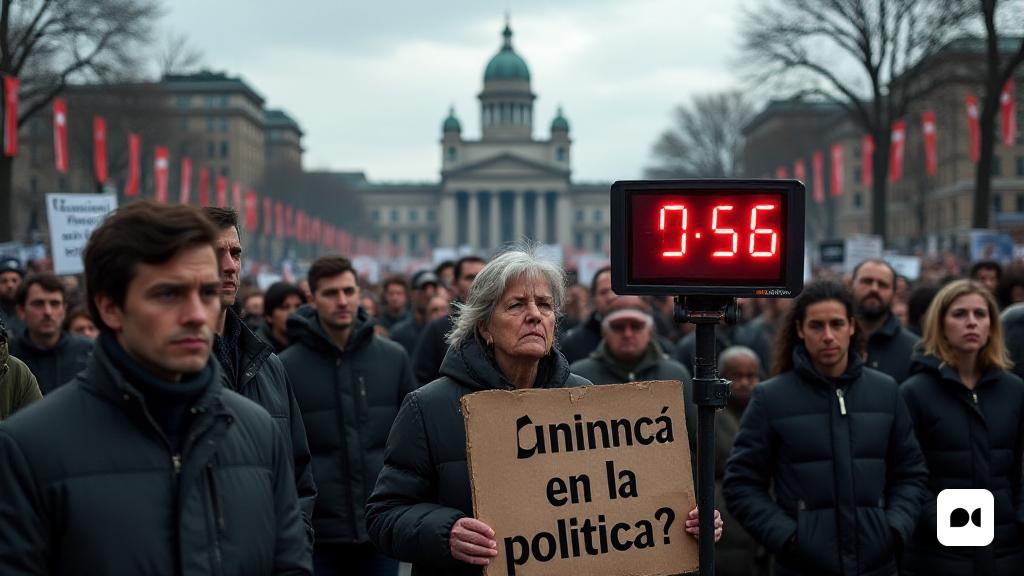The importance of confidence in the social fabric
Trust is a fundamental element that supports modern democracies. This relation of reliability between citizens and institutions is what allows social capital to flower, an intangible resource essential for the proper functioning of society. Without a foundation of confidence, institutions are threatened and social cohesion sinks.
Alarming data on public perception
A recent report from the BBVA Foundation, called ‘The confidence in Spain 2025’, reveals a worrying reality: citizens have given low notes to political institutions. On a scale of 0 to 10, political parties only reach 2.5, while the government and parliaments stand at 3.5 and 3.8 respectively. Even the regional governments, which are often closer to the citizenry, do not reach 4.
Comparing with other institutions
Interestingly, institutions that are often criticized, such as the judiciary, receive a better evaluation, with the sentences surpassing the 6 points. In the professional landscape, politicians are in the queue, with a 2.6, almost at the level of influencers and youtubers.
The growing discontent
Distrust of institutions is not only a statistical phenomenon, it has real consequences in society. Francis Fukuyama, a renowned sociologist, warns that the lack of confidence leads to a cynical society, where populism and authoritarian solutions gain ground. In Spain, citizens perceive their representatives not as solutions, but as part of the problem.
A policy disconnected from reality
Despite the deterioration of confidence, politicians seem to ignore the situation. The debates become scenes of empty confrontation, with insults and disqualifications that distort the necessary dialogue. Vice President María Jesús Montero even called into question the presumption of innocence, while President Pedro Sánchez attacked private universities, although he himself benefited from them.
Catalonia: an example of political frustration
Catalonia perfectly exemplifies this disenchantment. A recent CEO barometer reveals that political parties only obtained an average of 3.1 points, with non -voters giving an alarming note of 1.9. Even voters in the governing parties show discontent.
The institutional crisis and the consequences
The Catalan Parliament, which should be the nucleus of the autonomous government, is perceived as disconnected. The proposal of a commission to sanction ‘hate crimes’ without the judicial intervention, presented by several parties, exemplifies the erosion of democracy. When parties try to define the limits of freedom of expression, the system is transformed into authoritarian.
The need for a real change
The big question arises is: Can there be a solution to this crisis? Unfortunately, the prospects are not encouraging. Deep political reforms seem unlikely, as the interests created and complicate dominate the current dynamics. Only an active and conscious citizen response could mark the path to a true democratic renewal.
However, it currently seems that this collective impulse is non -existent. Society remains divided and resigned, observing how the system is gradually eroding, as a slowly executed collective suicide.

